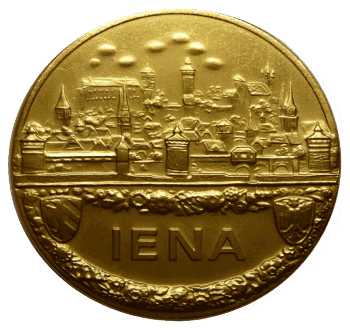Soybeans and soy powder (SOYUP-SPERMIDINE) contain various isoflavones, including genistein, daidzein, and glycitein. These isoflavones belong to the class of phytoestrogens, which are produced by plants and have a similar structure to the female hormone estrogen. Isoflavones can bind to estrogen receptors due to their structure, exerting estrogen-like effects in the body.
Genistein is the most common isoflavone in soybeans. Genistein is primarily consumed through sprouts and stem vegetables (43%) and soy products (24%). Thirty-three percent of genistein intake is also obtained from a variety of other foods, each contributing less than 10%. It has antioxidative effects and may have anti-inflammatory properties. Furthermore, genistein has been shown to potentially have positive effects on bone health, cardiovascular health, and cognitive function. Increasing genistein intake reduces the risk of breast cancer.
Daidzein is another isoflavone in soybeans. Coffee is the main source of daidzein (47%), but sprouts and stem vegetables (25%) also contribute significantly to daidzein intake. It is converted in the body to equol, which also has estrogen-like effects. Daidzein and equol may also have a positive effect on bone health and reduce the risk of age-related diseases such as breast and prostate cancer.
Glycitein is the third important isoflavone in soybeans. It has similar effects to genistein and daidzein, including a potential positive effect on bone health and cardiovascular health.
Impact on Breast Cancer Risk
With increasing genistein intake, the risk of breast cancer decreases by up to 53%. Additionally, the risk of premenopausal breast cancer decreases in the highest quartile of daidzein intake. The trend is significant for both genistein and daidzein.
For the sum of daidzein and genistein, a significant risk reduction can be observed even in the third quartile. For both, the trend for a risk-reducing effect with increasing consumption is also significant.

No association with premenopausal breast cancer risk can be shown for the sum of isoflavones, the sum of phytoestrogens.
In sensitivity analysis, daidzein reduces the risk of breast cancer significantly from the second quartile. Total isoflavone intake shows a significant risk reduction in the third quartile.
Note: This information is provided for educational purposes and does not substitute for professional medical advice. Always consult with healthcare providers for personalized guidance on health-related matters.
Copyright © Eduard Rappold 2024


